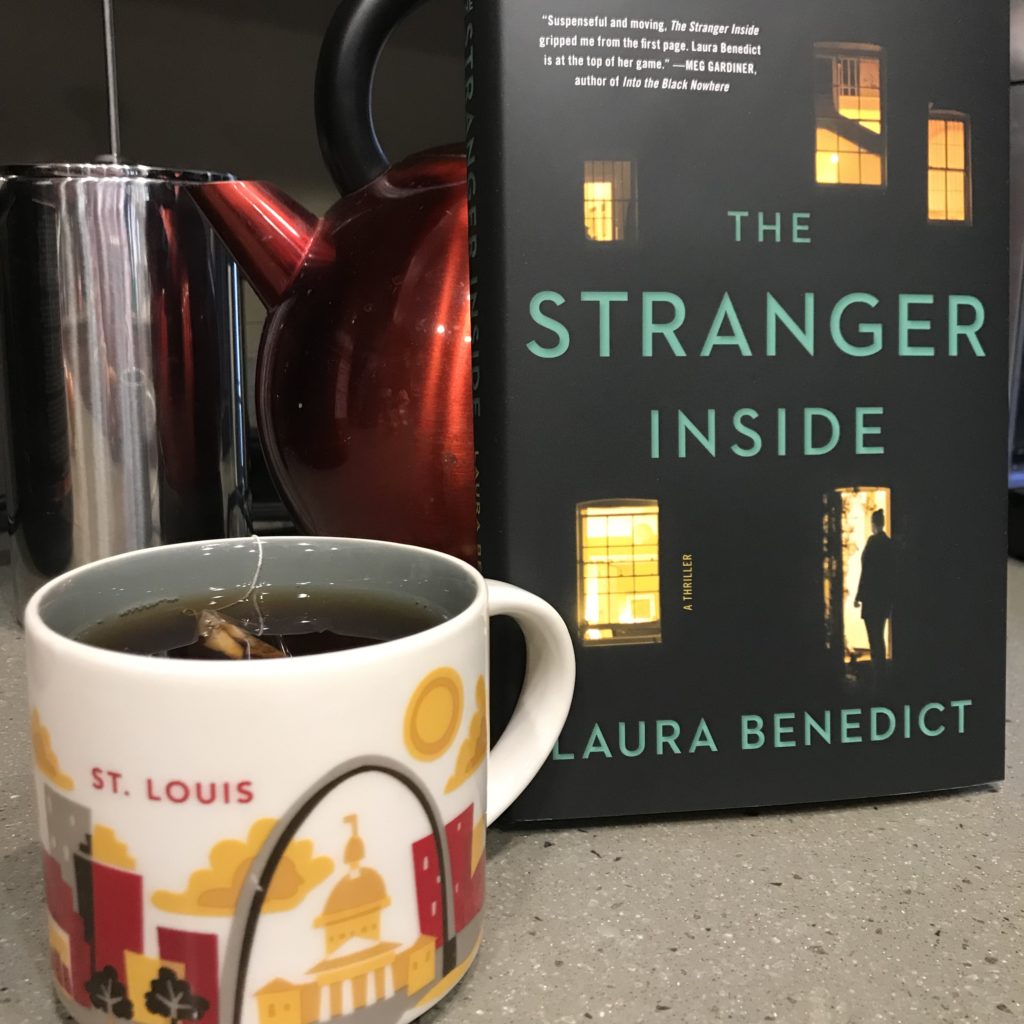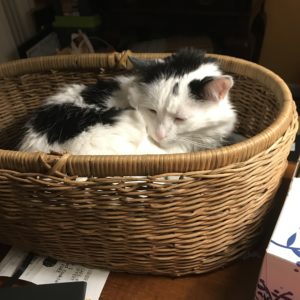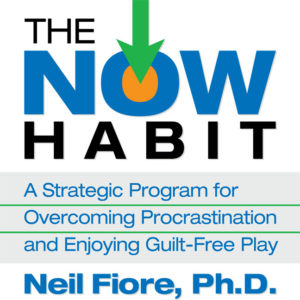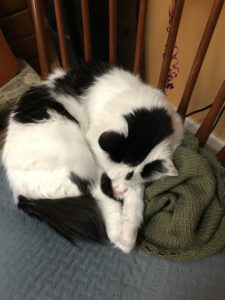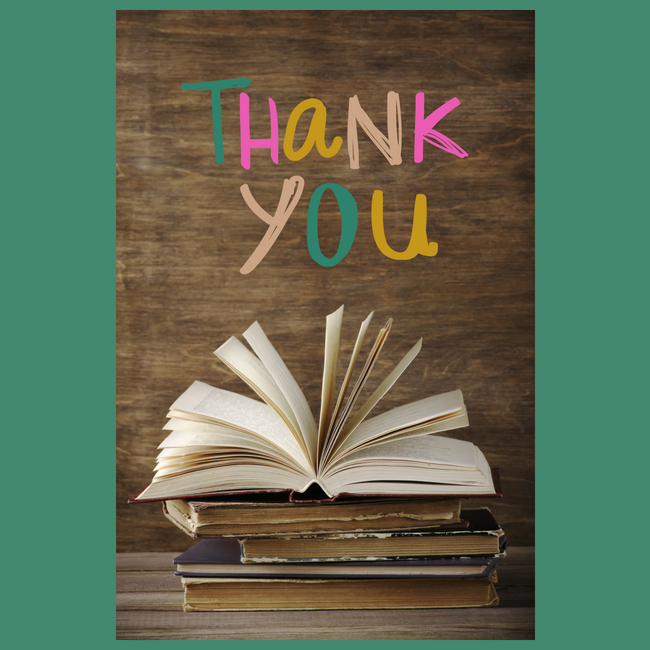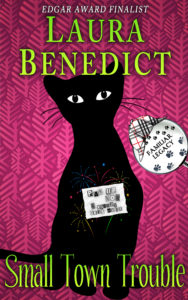Gentle Readers,
Gather ye ’round the hearth for the telling of a grand gothic nightmare from our latest anonymous Brave Author. I shall comment most profusely on said nightmare, and I entreat you to offer your own wisdom to our petitioner.
Your Faithful Friend, Laura
Hour of Fatality
I came to Thornfield Hall at the hour of twilight. My path wended among hay field and hawthorn, and when a bend in the road blocked my view of the house, I even ran in my haste. The battlements on the roof loomed darkly against the glimmering west. If I could touch them, the blackness would rub off on my skin like soot, and cling to me; such is the strange presentiment of dreams.
I reached the pavement near the door. It, too, was black, and I stepped cautiously, fearing the sound of my own tread in spite of the silence that lay on the dead air. I mounted the steps, their stone faces worn smooth in well-remembered grooves. The vaulted hall within was deep in shadow, but a blaze of light shone from the dining room, majestic and warm. Was I welcome there? Mr. Rochester entertained fine company in that room, gentlemen and ladies endowed with wealth and grace. No, I had no place in the dining room. I would see where else he might be found. I went to the library, but the grate was cold, the chair tenantless. I searched the long gallery; every door yielded to my hand, but the rooms were vacant shells to me. Where was Mr. Rochester?
I sought him in the passageways and on the stairs. The nursery was no haunt of his, yet I searched there too. With a reluctant step, I approached the dining room once more. A laugh: low, lugubrious, familiar in its stirring antipathy, came from behind the door. What a strange foreboding inhabited me! It wrapped round me like a smoke that no breeze could dispel. But I would stifle fear for his sake; I would find him out, though my soul shudder and my heart sink beneath the discovery.
A wisp of smoke flowed from the dining room, like a mist creeping along the ceiling. Down timidity! Revelations must be made. I suppressed the shaking in my limbs and threw open the door – a wreath of fire embroiled the room and heated my face. Brocaded curtains, purple cloth, rich damask, all writhed together in flame. A motionless form reclined in the chair, senseless and still, his head sagging to his breast.
“Mr. Rochester!” I called. “Mr. Rochester! Wake up!”
Mr. Rochester did not stir. Before I could come to his aid, a different being approached, hauntingly familiar in its ghastly shape. The flame did not touch her, yet her dark hair moved and lifted in the heat. Bertha Mason, black and menacing against the crimson light, barred the way. Her eyes burned, too, with a blue flame in their depths. It was her, Mr. Rochester’s wife, whom he had hid from my knowledge. In her madness, she raved and flung herself upon me, keeping me from my master.
“Mr. Rochester!”
“I am here, Jane, I am here.”
His voice dispelled the flames; his hand cooled my burning forehead.
*****************
Here is Jane Eyre, and yet not.
The Hour of Fatality excerpt is a fever dream sequence. Devotees of Charlotte Brontë’s magnificent gothic work, JANE EYRE, will be familiar with Mr. Rochester, Jane, and Bertha Mason (Rochester) as characters, and the house, Thornfield Hall. I confess that I was a little thrown when I first began reading, because the excerpt is unnerving. Have I read this scene before? In the novel, perhaps? Jane’s voice is recognizably modern and dissimilar from Brontë’s original Jane, yet eerily familiar at the same time. Recreating a famous character is a real challenge, and I give Brave Author high marks for achieving laudable similarities in both voice and atmosphere.
This is a good time to bring up the subject of modeling, TKZers. We’ve talked about it before here. Don’t bother to look up “modeling writing” because you will be awash in barely-related education-speak. What I suggest is to take a bit of work from a writer whose style you admire and type it out word by word. Do it a paragraph at a time. Type a line, then imagine what thought process the writer might have gone through in order to produce the next line, and so forth. You needn’t do this all day, but it can give you the feel of how a story was written. It’s an odd, but useful exercise.
The other thing I’ll mention here (again and again!) is reading. It’s obvious that Brave Author knows the novel JANE EYRE well, and has spent time internalizing Brontë’s/Jane’s voice. If you’re trying to write—either in someone else’s style or simply in your own—you’d better be reading. A LOT. If you’re not, it’s like trying to drive a car without fuel. Or casting your fishing line into a dry lake. Or trying to spell metaphor without meta.
Before I forget, let’s all be mindful of how the page looks when we start three paragraphs in a row with “I.”
“I came to Thornfield Hall at the hour of twilight. My path wended among hay field and hawthorn, and when a bend in the road blocked my view of the house, I even ran in my haste. The battlements on the roof loomed darkly against the glimmering west. If I could touch them, the blackness would rub off on my skin like soot, and cling to me; such is the strange presentiment of dreams.”
I’m fond of this first paragraph. The setting is instantly spooky, even if the reader doesn’t already know Thornfield Hall as one of the most famous houses in classic literature. There are several passages in JANE EYRE where the manner of the house’s appearance is alternately terrifying and dear to Jane. Brave Author even gets Jane’s sense of wanting the house to stay in view right. Jane is occasionally forgetful of her manners, particularly when her emotions are roused, so her running is rather a big deal. And the presumed sootiness of the battlements is vivid and nicely suggests a dream image.
But…dang it. We’re starting off this story/novel with a dream. Few things are riskier for an emerging writer to do, and are as irritating to many readers. Yes, it establishes the mood. Yes, it pays homage to a similar scene in the original novel, thus readers will recognize the connection between them. Unfortunately, I found myself distracted by the fact that the dream scene occurs in a dining room, and the referenced scene in the novel occurs in a bedroom. I started wondering if it really was supposed to be the same, or if the difference was significant. And why is the man reclining in a chair in the dining room? Is he actually reclining? Should he be perhaps slumped at the head of the table? This is only a problem for someone familiar with JANE EYRE, which is probably only half the over-thirty female population of the planet. Anyway, it was distracting.
“I reached the pavement near the door. It, too, was black, and I stepped cautiously, fearing the sound of my own tread in spite of the silence that lay on the dead air. I mounted the steps, their stone faces worn smooth in well-remembered grooves. The vaulted hall within was deep in shadow, but a blaze of light shone from the dining room, majestic and warm. Was I welcome there? Mr. Rochester entertained fine company in that room, gentlemen and ladies endowed with wealth and grace. No, I had no place in the dining room. I would see where else he might be found. I went to the library, but the grate was cold, the chair tenantless. I searched the long gallery; every door yielded to my hand, but the rooms were vacant shells to me. Where was Mr. Rochester?”
If we are truly concerned with pavement, I want to know what sort of pavement is near the door. And why we should care that it’s black–other than as a kind of floppy thought bridge from the previous paragraph? (Readers are smart. No floppy thought bridges required!) Does she open the door? Is the door already open? This feels like an important moment to me, and yet we are thrust immediately from the stone steps at the front door to the subject of the dining room. Jane is searching for her man, and yet doesn’t even peek into the room–the BLAZING dining room–showing the only sign of habitation in the entire house? And what’s wrong with her that she feels she can’t go into the dining room? (I know, but only because I already know Jane’s station in life.)
The word “tenantless” is such a Brontë word.
“…every door yielded to my hand, but the rooms were vacant shells to me.” Let’s lose “to me.” It strengthens the image.
I want a bit more information around the edges of this dream. As it is, it pre-supposes that the reader already has opinions about and knowledge of the characters.
“I sought him in the passageways and on the stairs. The nursery was no haunt of his, yet I searched there too. With a reluctant step, I approached the dining room once more. A laugh: low, lugubrious, familiar in its stirring antipathy, came from behind the door. What a strange foreboding inhabited me! It wrapped round me like a smoke that no breeze could dispel. But I would stifle fear for his sake; I would find him out, though my soul shudder and my heart sink beneath the discovery.”
Another strong paragraph.
“It wrapped round me like a smoke that no breeze could dispel.” Given that we find out quickly that an actual fire is happening, this is a bit much. Also, she is both inhabited and wrapped?
The final line of the paragraph is pure Jane, pure gothic.
“A wisp of smoke flowed from the dining room, like a mist creeping along the ceiling. Down timidity! Revelations must be made. I suppressed the shaking in my limbs and threw open the door – a wreath of fire embroiled the room and heated my face. Brocaded curtains, purple cloth, rich damask, all writhed together in flame. A motionless form reclined in the chair, senseless and still, his head sagging to his breast.
“Mr. Rochester!” I called. “Mr. Rochester! Wake up!”
Let us resume our examination of the dining room and its formerly elusive door. In an earlier paragraph, there’s a blaze of light emanating from the dining room, so we necessarily picture the door open. Yet there’s a wisp of smoke here which compels her to throw open the door! Also, a flowing and creeping wisp feels like a bit much. Perhaps: A wisp of smoke escaped the closed dining room door, creeping across the ceiling like a mist on the moor. And wouldn’t the door, or at least the handle, be hot when she opens it?
“Mr. Rochester!”
Bertha Mason Rochester has set the room on fire and is leering maliciously, like Carrie’s mother at home after the prom. Jane tries to wake her beloved, but he’s insensate. It’s fabulous that Bertha flings herself on Jane. BUT. If Jane must deal with Bertha, let’s have some grappling in the scene. This is Jane’s chance to scream good and loud, to be terribly afraid, or just really angry. She’s often outspoken and passionate, so she should be even more so in her dream. Let her go a little crazy, maybe even fight Bertha back. Simply calling Mr. Rochester’s name in her greatest physical crisis is unworthy of Jane. If this book is supposed to contain the same Jane, seasoned by pain and flame, that we saw at the end of JANE EYRE, she needs to react as though her whole life has already changed. This is the same young woman who must run the life of her blinded husband. Give Jane some spunk in her nightmares.
That said, opening the novel with this dream requires you to go back and quickly explain who and where she is, why she has a fever, that she’s married, who “Mr. Rochester” is, etc. It feels awkward when a writer has to cram in details and explanations right away.
An excellent example of a gothic novel opening with a dream is Daphne du Maurier’s REBECCA. She makes our heroine’s dream her entire first chapter, and afterwards goes back in time to tell the story from the beginning. You cannot go back and retell JANE EYRE. But I think it wouldn’t be a bad idea to try du Maurier’s approach. Try letting Jane tell the story of the dream with the distance of longer reflection. Draw it out and let her personality be more a part of it. Or not.
You have some remarkable prose here. Keep at it, Brave Author!


